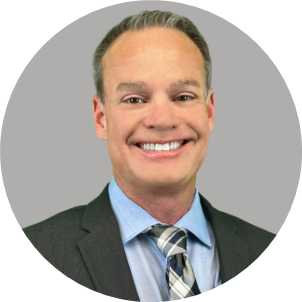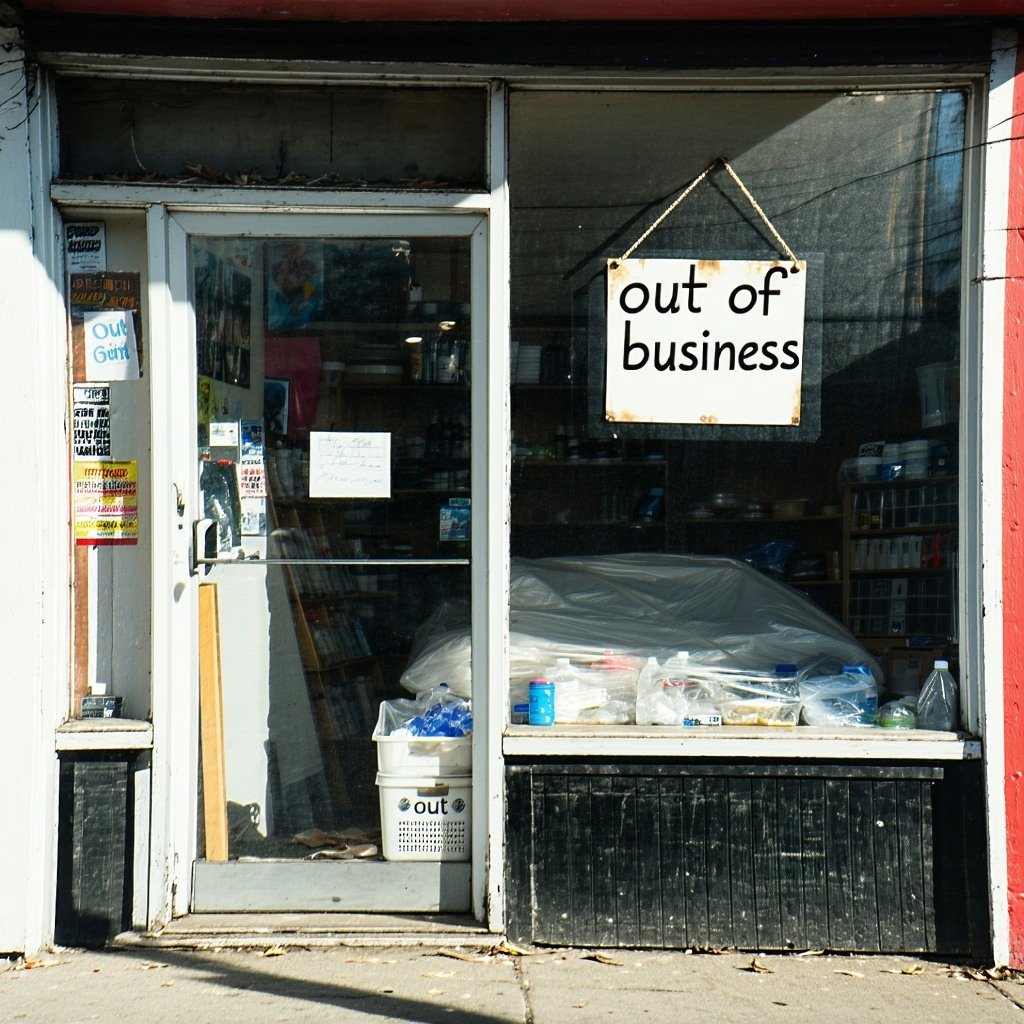2 min read
What Happens to My SBA EIDL Loan If I Close My Business?
 E.J. Simonsen
:
Nov 4, 2024 9:00:00 AM
E.J. Simonsen
:
Nov 4, 2024 9:00:00 AM

Shutting down a business is hard. Maybe it happened fast, or maybe it took months of struggling — either way, it can feel like a personal loss.
If you took out an EIDL loan from the SBA during COVID, you might now be asking:
“What happens to my loan now that my business is closed?”
You’re not the only one asking that. Thousands of business owners are in the same spot. And while the situation can be stressful, you do have options. Here's what you need to know.
Is My EIDL Loan Forgiven If I Shut Down?
No — the loan isn’t forgiven just because your business closed.
EIDL loans are different from PPP loans. PPP loans were made to be forgiven if you used the money in a certain way. EIDL loans are meant to be paid back, even if your business no longer exists.
So, the SBA will still want the money back. But how that works depends on your loan and your situation.
What If I Stop Paying My EIDL Loan?
If you stop making payments, your loan goes into default — and that can trigger serious consequences.
Here’s what might happen:
-
The SBA sends your loan to the U.S. Treasury for collection.
-
You may start getting letters or calls demanding payment.
-
The Treasury can add large penalties and extra interest — sometimes increasing what you owe by 30% or more.
-
They can take your tax refund, garnish your wages, or even take money from your Social Security.
If the SBA or Treasury believes you lied on your loan application or used the funds in ways you weren’t allowed to, they could also pursue fraud charges. That doesn’t apply to most borrowers — but if you’re worried about how you used the funds, it’s important to speak with someone who understands how the system works and can protect your interests.
The good news? You still have options before it gets that far — and the earlier you act, the more control you have over the outcome.
Can the SBA Come After Me Personally?
It depends on how much you borrowed and whether you signed a personal guarantee.
-
If your EIDL loan was $25,000 or less, you likely did not pledge collateral or sign a personal guarantee. You may still be liable for repayment, but your personal assets are not directly at risk.
-
If your loan was more than $25,000, the SBA likely required collateral (often business assets like equipment or inventory).
If your loan was more than $200,000, you almost certainly signed a personal guarantee, meaning the SBA can pursue you personally for repayment — even if your business has closed.
Can I Settle or Negotiate My EIDL Loan?
No — EIDL loans cannot be settled for less.
This surprises a lot of people. The SBA lets some loan types (like 7(a) loans) settle through a formal Offer in Compromise process. But EIDL loans don’t qualify for that.
If your EIDL loan goes into default, it usually goes to the Treasury, and they have strong collection powers. They can:
-
Add penalties and late fees
-
Take your tax refunds
-
Garnish wages or federal benefits
Even though you can’t settle for less, you do still have ways to protect yourself — especially if:
-
You signed a personal guarantee
-
You’re getting collection notices
-
You don’t know what your next move should be
At EIDLexit, we help people understand their rights and options, and we work with you on a plan to move forward — even when it feels like the government is breathing down your neck.
What to do if I Can’t Pay?
If your EIDL loan is a problem and you’re not sure what to do next, don’t panic — we can help.
Contact EIDLexit for a free consultation. We’ll walk you through your options, explain what the government can and can’t do, and help you come up with a plan that protects you and your family.
EJ Simonsen is the co-founder of EIDLexit. As the former general manager of a law firm dedicated to helping businesses resolve debt challenges, he has guided hundreds of small and mid-sized business owners through the complexities of defaulted business loans. With extensive experience in legal operations and financial strategy, EJ brings a practical, results-oriented approach to protecting clients from aggressive collections and reducing personal liability.